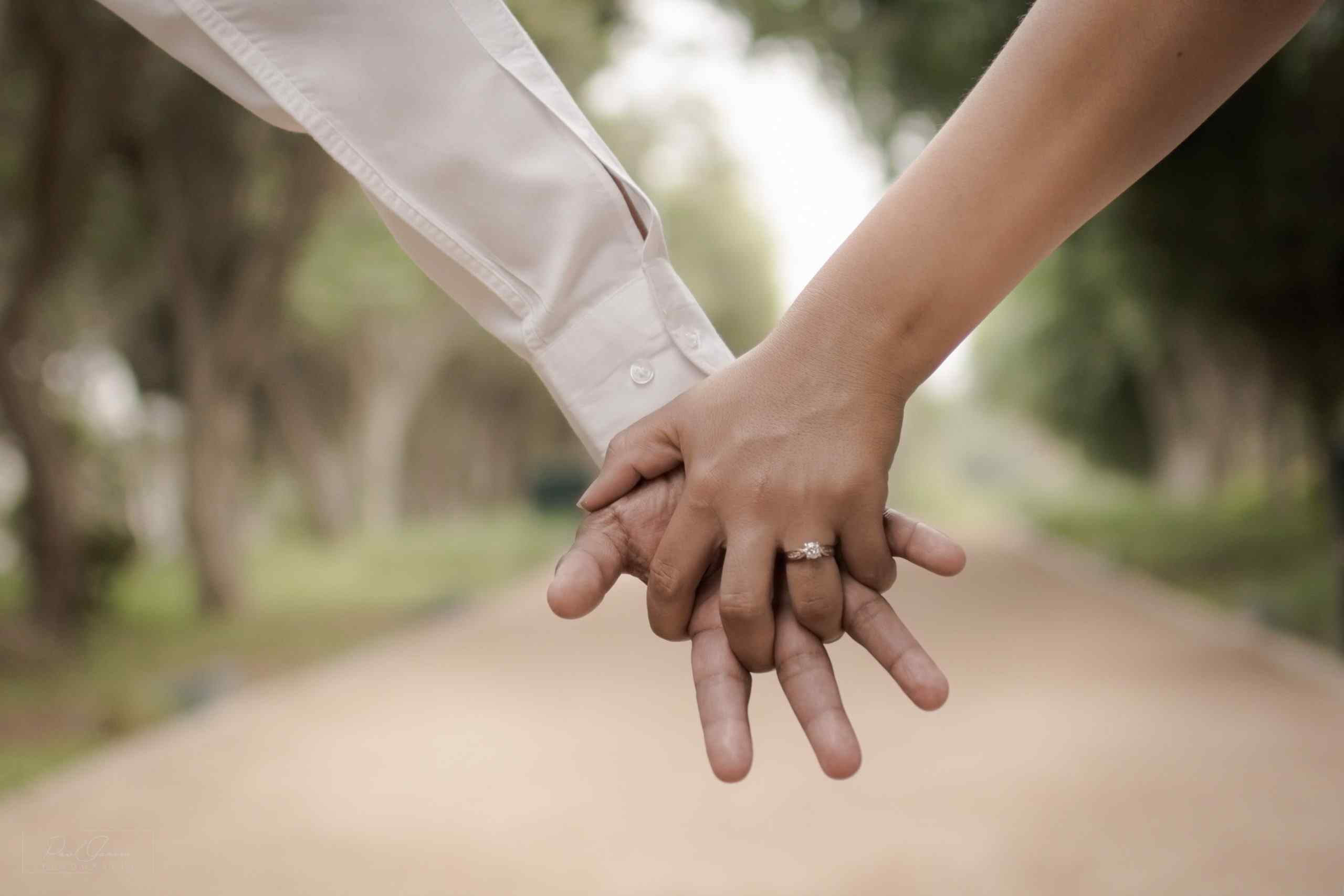There are plenty of reasons why people drink. It’s a social activity. They like the taste. It’s an easy way to unwind. It’s always been part of their routines. They deserve it after a long day. While most of us know when to stop and can regulate how much we drink, it is good sometimes to check in and ask if you are drinking for the right reasons.
 The Bible has plenty of instances of people getting drunk and doing dumb things. Noah passed out after getting out of the ark, disgracing himself in front of his sons (Genesis 9:20-23). Lot’s daughters got him so drunk he passed out and they had sex with him (Genesis 19:30-38). David attempted to get Uriah drunk in hopes he’d sleep with Bathsheba, but the man refused (2 Samuel 11:13).
The Bible has plenty of instances of people getting drunk and doing dumb things. Noah passed out after getting out of the ark, disgracing himself in front of his sons (Genesis 9:20-23). Lot’s daughters got him so drunk he passed out and they had sex with him (Genesis 19:30-38). David attempted to get Uriah drunk in hopes he’d sleep with Bathsheba, but the man refused (2 Samuel 11:13).
There are instances when alcohol is used in celebration. Jesus’ first miracle was turning water into the best wine at a wedding feast (John 2:1-11). The Israelites were encouraged to spend money on alcohol to bring as a tithe and to celebrate their offerings to the Lord (Deuteronomy 14:22-29). God’s prophets promise that when Israel returns home, God will bless them with wine aplenty (Amos 9:14, Joel 2:19, and 3:18).
Jesus compares His body to wine, telling His disciples to use it as a symbol and reminder of the sacrifice He was preparing to make (see Matthew 26:17-30). In 1 Corinthians 9:19-23, Paul encourages people in the church to abstain from drinking if it would cause another person to stumble. He explains that it is out of love for others that we sometimes deny ourselves what we can handle if we know that those around us cannot.
Alcohol in itself is not wrong. It is the abuse of it, or letting it master us, that we are told to avoid. Flower Mound Christian Counseling can help individuals explore the underlying issues contributing to unhealthy patterns and find a path to freedom and balance.
Understanding our intentions
How do we know when we need to stop drinking alcohol? Is it only when we can’t stop? Or when we have to drink to get through the day? What if even one glass a night is too much?
 For those raised more conservatively, any relationship with alcohol can be tenuous. Guilt can be very real. There is a line we fear crossing. Our enjoyment of any alcohol is tainted by a deep-seated fear we are doing something wrong.
For those raised more conservatively, any relationship with alcohol can be tenuous. Guilt can be very real. There is a line we fear crossing. Our enjoyment of any alcohol is tainted by a deep-seated fear we are doing something wrong.
Sometimes it helps to have an outsider’s perspective. A counselor can help. In our office, we are here you help you get a clear understanding of your relationship with alcohol. You can call our offices to set up a time to talk.
Like so many other things in scripture, God cares about our hearts, our attitudes, and our motivations. Ultimately, this is a discussion between you and God. Below are some questions to consider as you ponder your attitudes and relationship with alcohol.
Can I stop drinking?
This is a simple question to ask. Can you stop drinking? Can you go for a week without a drink? A month? Forever?
For many, a nightly glass of wine is routine. You pour it without thinking. It’s associated with getting home from work or making dinner. A pattern has been established and you do it as a reflex. But, if needed, could you stop? What is your first, knee-jerk reaction to this idea? How does that reaction make you feel?
Why do I feel like drinking?
This is a harder one and will take some digging. On the surface, we drink because we like the taste, to relax after a long day, or as a nightcap. But what is underneath that? If it’s to relax, does that mean you are anxious? Wound up? Tired? Stressed out? How does a drink help with that? Is there something else that needs to be addressed?
After a long day are you coming home exhausted? Stressed? Overworked? Do you see it as a reward for a job well done? Is it a signal to your brain to unwind? Do you think you’ve earned it after a long day of work or being with the kids or (insert what you do here)?
What would happen if you drank tea or juice or something else when you got home? What role or place does alcohol hold in your life?
How ingrained is alcohol in my life?
 A beer company has created an entire campaign with alcohol as a reward for working out. The tagline, “It’s only worth it if you enjoy it,” speaks to a transactional attitude toward alcohol. Do you treat drinking as a reward? Are you only working out, trudging through work, going to the PTA, etc. so you can “earn” a drink?
A beer company has created an entire campaign with alcohol as a reward for working out. The tagline, “It’s only worth it if you enjoy it,” speaks to a transactional attitude toward alcohol. Do you treat drinking as a reward? Are you only working out, trudging through work, going to the PTA, etc. so you can “earn” a drink?
We often joke about getting to 5 o’clock and “needing a drink.” But there are some hard truths behind those phrases when they stop being said in jest. If the idea of giving up alcohol makes you jittery (even as a casual drinker), it’s time to ask why.
If you are a social drinker, do you fear being ostracized or being a buzzkill? If drinking is attached to friendship, can you imagine hanging out without it? If all your social activities involve alcohol, again, asking why could be helpful.
We tend to invite alcohol almost by default. Even after working out or at outdoor activities, someone brings beer. What if you didn’t? Would the event be different? Has it become so ingrained you can’t imagine being social without it? Is that a place you want to be?
Drinking: Is it worth the long-term cost?
Science is divided when it comes to whether casual drinking is good or bad. Some research says it helps with your heart. Other studies say there is nothing beneficial to gain from it. Still, others speak to liver damage, increased anxiety or depression, or weight gain.
Anything we consume does something to our bodies. Energy drinks, soda, juice, and frilly coffee all impact our bodies. It’s not just alcohol. But alcohol oxidizes in our bodies differently.
While we should equally evaluate the thousands of calories contained in our favorite coffee run, we do need to recognize that when we consume alcohol it flips a switch in our liver and everything we consume around and after it (for a certain period depending on how much and for how long we drink) is processed in our body differently.
So, while science is divided, it is your body and ultimately you are responsible for it. Is an extra chance of liver damage or heart disease or added weight worth it? Granted, people continue to eat fast food knowing it could lead to heart attack and weight gain. Recognizing there are costs to almost everything we consume, are the longer-term effects of alcohol worth it?
How is my heart?
If the questions above still leave you undecided about whether to stop drinking alcohol, consider what your heart says.
For many, their hearts are fine with how much they drink and why. Again, the Bible never says we cannot drink. It says to not be mastered by it. If you have done an honest evaluation of why you drink, and how much, and are fine with it, that is awesome. There is no right or wrong answer here. The intention is to ensure you are drinking with a clear conscience and not using alcohol to mask emotions or get through a day.
 We should be mindful of what we put into our bodies and why. It should be a choice to engage in fun things we enjoy and bring us closer to others. A glass of bourbon at the end of a long day is not bad. But, like everything else we choose to engage in, we should know why we are doing it.
We should be mindful of what we put into our bodies and why. It should be a choice to engage in fun things we enjoy and bring us closer to others. A glass of bourbon at the end of a long day is not bad. But, like everything else we choose to engage in, we should know why we are doing it.
If you get through these questions and are still unsure, or sense there could be an issue, please call our office. At Flower Mound Christian Counseling, we are here to help you sort things out and offer support if you decide to stop drinking. Call our office today.
“Poolside”, Courtesy of Tabitha Turner, Unsplash.com, Unsplash+ License; “Contemplation”, Courtesy of Victoria Romulo, Unsplash.com, Unsplash+ License; “Contemplation”, Courtesy of Priscilla Du Preez, Unsplash.com, CC0 License; “Walking on the Trestle”, Courtesy of Dan Gribbin, Unsplash.com, CC0 License
-
Kate Motaung: Curator
Kate Motaung is the Senior Writer, Editor, and Content Manager for a multi-state company. She is the author of several books including Letters to Grief, 101 Prayers for Comfort in Difficult Times, and A Place to Land: A Story of Longing and Belonging...
DISCLAIMER: THIS ARTICLE DOES NOT PROVIDE MEDICAL ADVICE
Articles are intended for informational purposes only and do not constitute medical advice; the content is not intended to be a substitute for professional medical advice, diagnosis, or treatment. All opinions expressed by authors and quoted sources are their own and do not necessarily reflect the opinions of the editors, publishers or editorial boards of Stone Oak Christian Counseling. This website does not recommend or endorse any specific tests, physicians, products, procedures, opinions, or other information that may be mentioned on the Site. Reliance on any information provided by this website is solely at your own risk.





